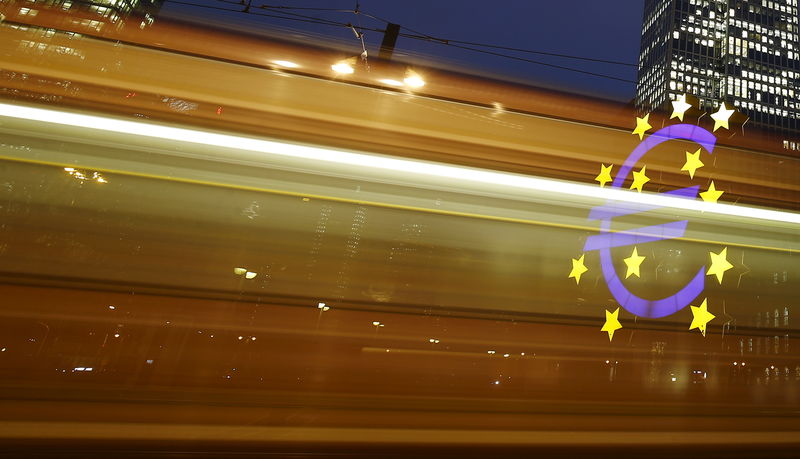ZURICH (Reuters) - European Central Bank Governing Council Member Ewald Nowotny said turbulence in financial markets in recent weeks has been largely driven by emerging markets, according to an interview published Wednesday on a Swiss financial website.
Nowotny, who heads the Austrian Central Bank, said developments in Brazil, Russia and China are not only leading to a dimming of the overall economic situation but also spurring investors in emerging markets - in particular state funds - to sell, Cash.ch reported.
"That's having a not insignificant impact on stock markets," Nowotny said in the interview. "I have personally been involved in talks. It is quite clear to me that state funds and central banks are currently working hard to be as safe as possible in terms of liquidity."
Financial market upheaval, including a broad sell off of banking stocks, has raised worries about a third crisis wave, following the 2008-2009 global financial crisis and the 2011-2012 euro zone debt crisis.
Nowotny told cash.ch the duration of present market upheaval will determine how much it dents prospects for the overall economy.
"There is obviously no doubt a decline that results in enormous destruction of wealth has very negative consequences for the overall mood," he said.
Europe's lenders lost nearly a quarter of their value - over $240 billion - since Jan. 1, before recently paring declines. Credit Suisse (VX:CSGN) has seen its shares tumble nearly 40 percent, Deutsche Bank (DE:DBKGn) shares have fallen a third while UBS (VX:UBSG), Switzerland's largest bank, is down 25 percent.
For lenders, Nowotny said, preserving liquidity remains paramount.
"That underscores why measures of the European Central Bank in this phase are of such importance," he said in the interview. "Because the ECB is a certain guarantor that appropriate liquidity backups are possible for banks, at least those in the euro zone."
In December, Nowotny has said markets' expectations of the European Central Bank were unrealistically high. Ahead of the next meeting in March, ECB President Mario Draghi signalled he is ready to ease policy if the financial market turmoil or low energy prices reduce inflation expectations.

"In December in the midst of visits to London I was confronted with almost ludicrous considerations that were divorced from reality," Nowotny said in the interview. "Now, this is not the case. We're having relatively serious discussions. There is still time until March, however, so it's important that we don't get lost in 'mind games' that are simply institutionally and technically impossible."